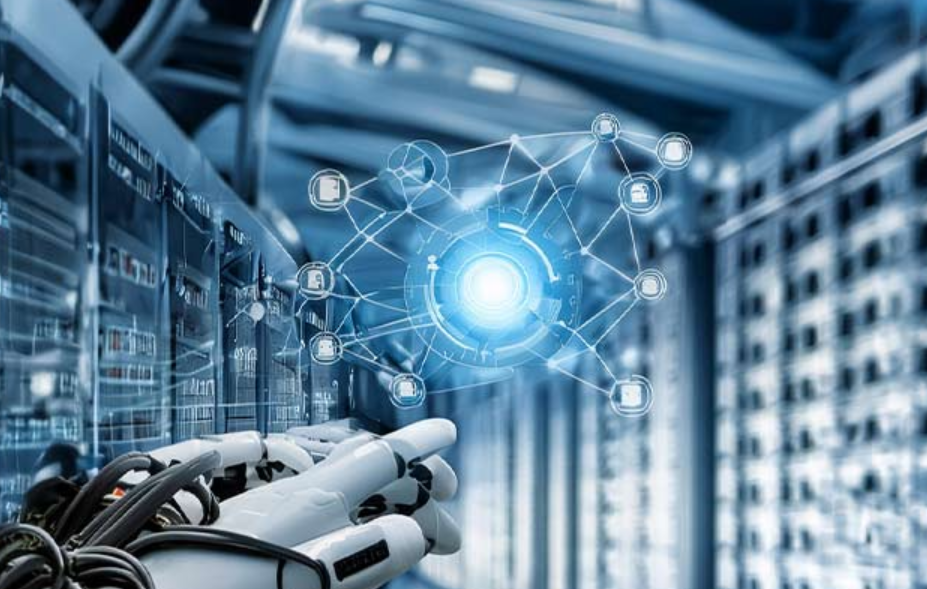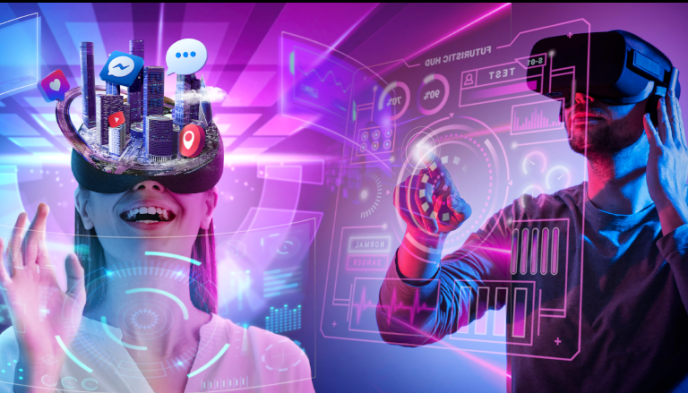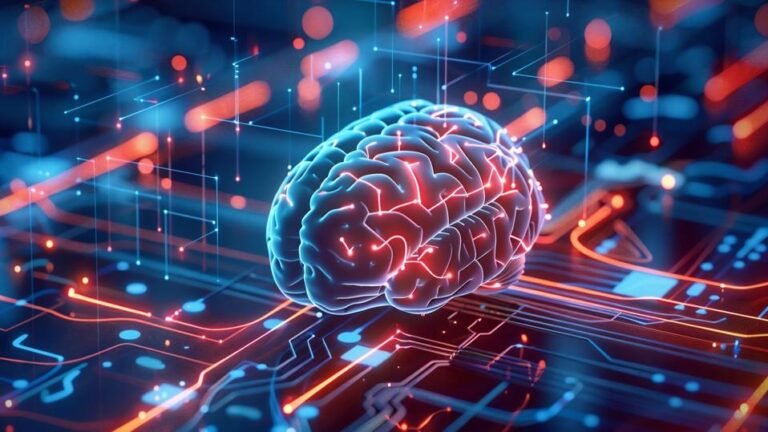AI & Machine Learning in the 21st Century
The 21st century has ushered in an era of remarkable technological advancements, with Artificial Intelligence (AI) and Machine Learning (ML) standing out as transformative forces. These two fields, often seen as the cornerstone of modern technological development, are reshaping industries, economies, and even everyday life. From self-driving cars to advanced healthcare systems, AI and ML are not just tools—they are catalysts for innovation, efficiency, and change.
Defining AI & Machine Learning
Artificial Intelligence (AI) is a branch of computer science aimed at creating machines capable of performing tasks that typically require human intelligence. These tasks include reasoning, problem-solving, speech recognition, and decision-making. AI encompasses a wide range of techniques, from simple rule-based systems to deep learning algorithms that mimic the way the human brain processes information.
Machine Learning (ML), a subset of AI, is the study of algorithms that allow computers to learn from and make predictions or decisions based on data. Unlike traditional programming, where a developer explicitly writes instructions, ML systems improve over time by identifying patterns in data. These patterns enable machines to make predictions, adapt to new data, and continuously refine their capabilities without human intervention.
AI & ML in Everyday Life
In the 21st century, AI and ML are increasingly integrated into our daily lives, often in ways that go unnoticed. These technologies power some of the most familiar applications, from recommendation engines on platforms like Netflix and Amazon to voice assistants like Siri and Alexa. Machine learning algorithms analyze user behavior, preferences, and even emotions to provide personalized experiences that were once thought to be reserved for human interactions.
Social media platforms, search engines, and online retailers rely heavily on AI and ML to enhance user experience and streamline operations. For example, Facebook and Instagram use AI-driven algorithms to curate feeds based on user interests, while Google’s search engine employs machine learning to better understand and respond to queries.
AI & Machine Learning in Healthcare
Healthcare is one of the sectors where AI and ML have the potential to make the most significant impact. Machine learning algorithms are now being used to diagnose diseases, predict patient outcomes, and personalize treatment plans. For example, AI can analyze medical imaging, such as X-rays and MRIs, with remarkable accuracy, often outperforming human doctors in detecting certain conditions like cancer.
Moreover, predictive analytics, powered by machine learning, is helping healthcare professionals identify high-risk patients and recommend timely interventions. ML is also transforming drug discovery, enabling researchers to model molecular interactions and predict the effectiveness of new treatments faster and at a lower cost.
AI in Autonomous Systems
The development of autonomous systems—particularly self-driving cars—has been one of the most high-profile applications of AI and ML in the 21st century. Autonomous vehicles rely on deep learning algorithms to process vast amounts of data from sensors, cameras, and LiDAR (Light Detection and Ranging) systems to understand their environment and make decisions in real-time.
Beyond transportation, AI and ML are also being applied in industries like robotics and logistics, where autonomous drones and robots are being used for tasks such as package delivery, warehouse management, and even surgical operations. These systems have the potential to increase efficiency, reduce human error, and cut costs in industries worldwide.
The Role of AI in Business and Industry
AI and machine learning are also transforming business operations, from supply chain management to customer service. By automating routine tasks, companies are able to focus on higher-value activities. AI-driven chatbots, for instance, are already handling customer service inquiries, providing 24/7 support, and resolving issues in real-time, all while learning to improve over time based on user interactions.
Moreover, AI is helping businesses make data-driven decisions that optimize performance, reduce costs, and improve customer satisfaction. Predictive analytics, for example, can forecast consumer demand, identify market trends, and enhance inventory management. In finance, AI-powered algorithms are used for fraud detection, risk management, and algorithmic trading, offering faster and more accurate insights than traditional methods.
Ethical Considerations and Challenges
Despite its many advantages, the widespread adoption of AI and machine learning also raises significant ethical and societal concerns. As these technologies become more autonomous, questions about bias, privacy, and accountability emerge. AI systems, if not properly managed, can perpetuate existing biases in data, leading to unfair outcomes in areas like hiring, criminal justice, and lending.
Privacy is another critical concern. As AI systems process vast amounts of personal data, there are growing fears about the security of that information and the potential for misuse. Additionally, the rise of surveillance technologies, such as facial recognition, has sparked debates about the balance between security and personal freedoms.
Another challenge is the potential for job displacement. Automation powered by AI and ML has already begun to replace certain jobs, particularly those involving repetitive tasks. While new jobs are being created, there is concern that large segments of the workforce may be left behind without the proper retraining and reskilling opportunities.
The Future of AI & Machine Learning
The future of AI and machine learning holds enormous promise. We are likely to see continued advancements in areas such as natural language processing (NLP), computer vision, and reinforcement learning. As AI systems become more sophisticated, they will be able to handle increasingly complex tasks, offering even greater capabilities across all sectors of society.
One exciting possibility is the development of Artificial General Intelligence (AGI)—an AI system that can perform any intellectual task that a human can. While AGI remains a distant goal, its potential to revolutionize industries and solve complex global challenges, such as climate change and disease, is enormous.
However, the path forward must be navigated carefully. Ensuring that AI and ML technologies are developed and deployed ethically, responsibly, and transparently is critical to ensuring they benefit society as a whole. Collaboration between governments, academia, and the private sector will be essential to establishing the policies, regulations, and frameworks that guide the responsible use of these technologies.
Conclusion
AI and machine learning are already making profound impacts on the 21st century, and their influence will only grow in the coming years. From revolutionizing healthcare and transforming businesses to creating autonomous systems and enhancing daily life, these technologies have the power to reshape the world in ways we are just beginning to understand. However, as with all technological advancements, it is crucial that we address the ethical and societal challenges they pose, ensuring that their benefits are realized for all. The future of AI and ML is bright, but it must be approached with caution, responsibility, and a commitment to the common good.






